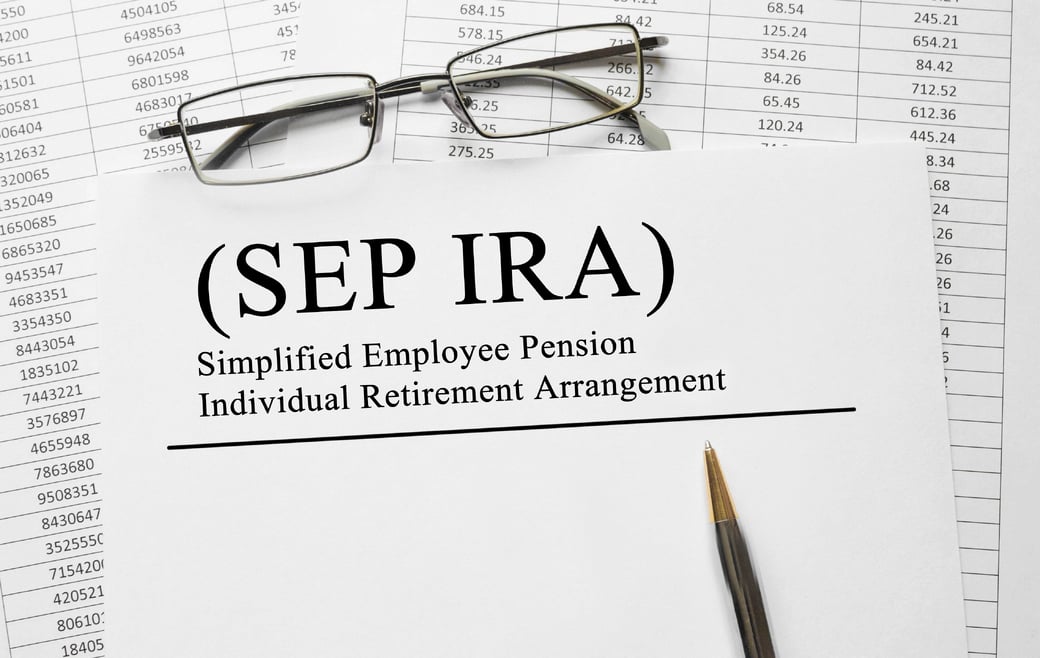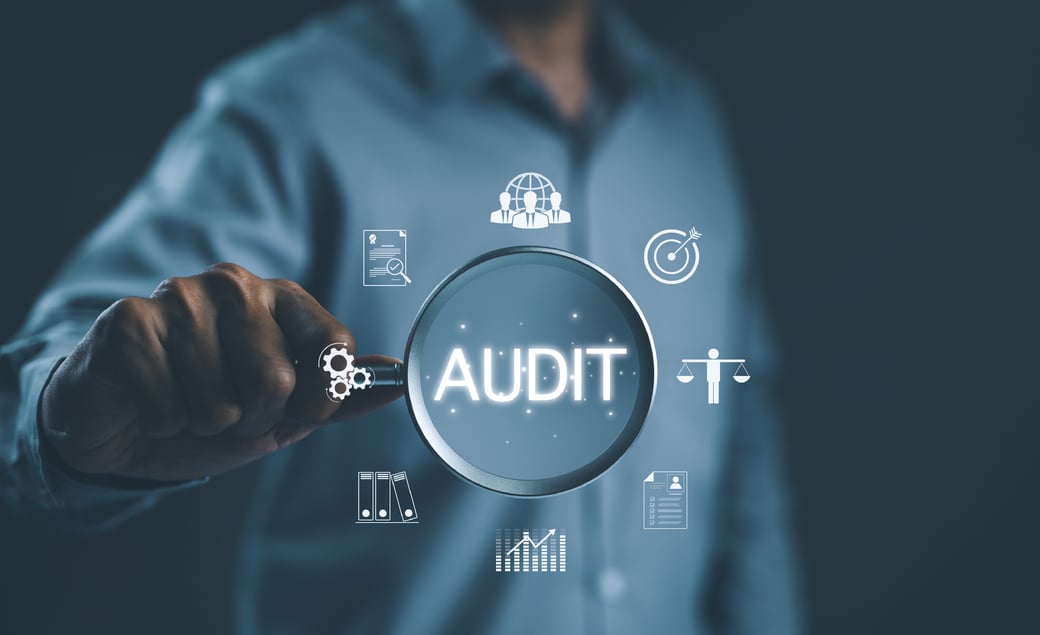Many small and midsize businesses rely on QuickBooks® for day-to-day bookkeeping. But the platform also offers tools designed to improve efficiency and strengthen financial oversight. In recent years, QuickBooks has expanded its automation, reporting, and integration capabilities, making it even more useful for growing businesses.
Launching a start-up comes with no shortage of big decisions and fast-moving priorities. In the rush to grow, financial fundamentals can sometimes take a back seat — often with costly consequences. Some common accounting missteps that new business owners should avoid include:
Posted in Business Advisory
To Maximize — or Not to Maximize — Depreciation Deduction on Your 2025 Tax Return

Posted by Nick Wheeler, CPA on Feb 18, 2026
The deadlines for filing 2025 tax returns (or extensions) are fast approaching. Although most tax planning moves must be completed by December 31 of the tax year, there are some decisions you can make when filing your return that can save taxes now or in the future. One such decision is whether to claim accelerated depreciation breaks.
Posted in Business Tax
Some Small Businesses Can Still Benefit From the Health Care Coverage Credit

Posted by Lesley L. Price, CPA on Feb 16, 2026
Tax credits reduce tax liability dollar-for-dollar. As a result, they can be more valuable than deductions, which reduce only the amount of income subject to tax. One tax credit that hasn’t been getting much attention lately, but that can still be valuable for some small businesses, is the credit for providing health insurance to employees.
Posted in Business Tax
Perks are an important part of an employee's work experience. While employees expect to receive a paycheck at the end of the pay period, it's the extras that give working at your company a competitive edge. It might interest Perks are an important part of an employee's work experience. While employees expect to receive a paycheck at the end of the pay period, it's the extras that give working at your company a competitive edge. It might interest you to know that 7 out of 10 employees would be willing to leave their current job for better benefits somewhere else.
Posted in Payroll, HR & Benefits
There's Still Time to Set Up a SEP and Reduce Your 2025 Taxes

Posted by Jessica L. Pagan, CPA on Feb 09, 2026
If you own a business or are self-employed and haven’t already set up a tax-advantaged retirement plan, consider establishing one before you file your 2025 tax return. If you choose a Simplified Employee Pension (SEP), you’ll be able make deductible 2025 contributions to it, saving you taxes. Not only is the SEP deadline favorable, but SEPs are easy to set up, and the contribution limits are generous. If you have employees, you’ll generally have to include them in the SEP and make contributions on their behalf, which are also deductible.
Posted in Business Tax
Remote Auditing Is Here to Stay: How It's Changing the Audit Process

Posted by Aaron K. Waller, CPA on Feb 05, 2026
Once considered a temporary workaround, remote auditing is now a permanent part of how audits are planned and performed. Technological advances and evolving workforce expectations have pushed audit firms to rethink traditional, fully on-site approaches. The question isn’t whether remote auditing will continue (it will), but how firms and clients can use it effectively while maintaining audit quality.
Posted in Audit & Assurance
Increase Your Current Business Deductions Under Tangible Property Safe Harbors

Posted by Marty Williams, CPA on Feb 04, 2026
Posted in Taxation
Posted in Accounting & Outsourcing
2026 Outlook for the Real Estate & Construction Industry

Posted by Michael D. Machen, CPA, CVA on Jan 23, 2026
Posted in Business Advisory





















